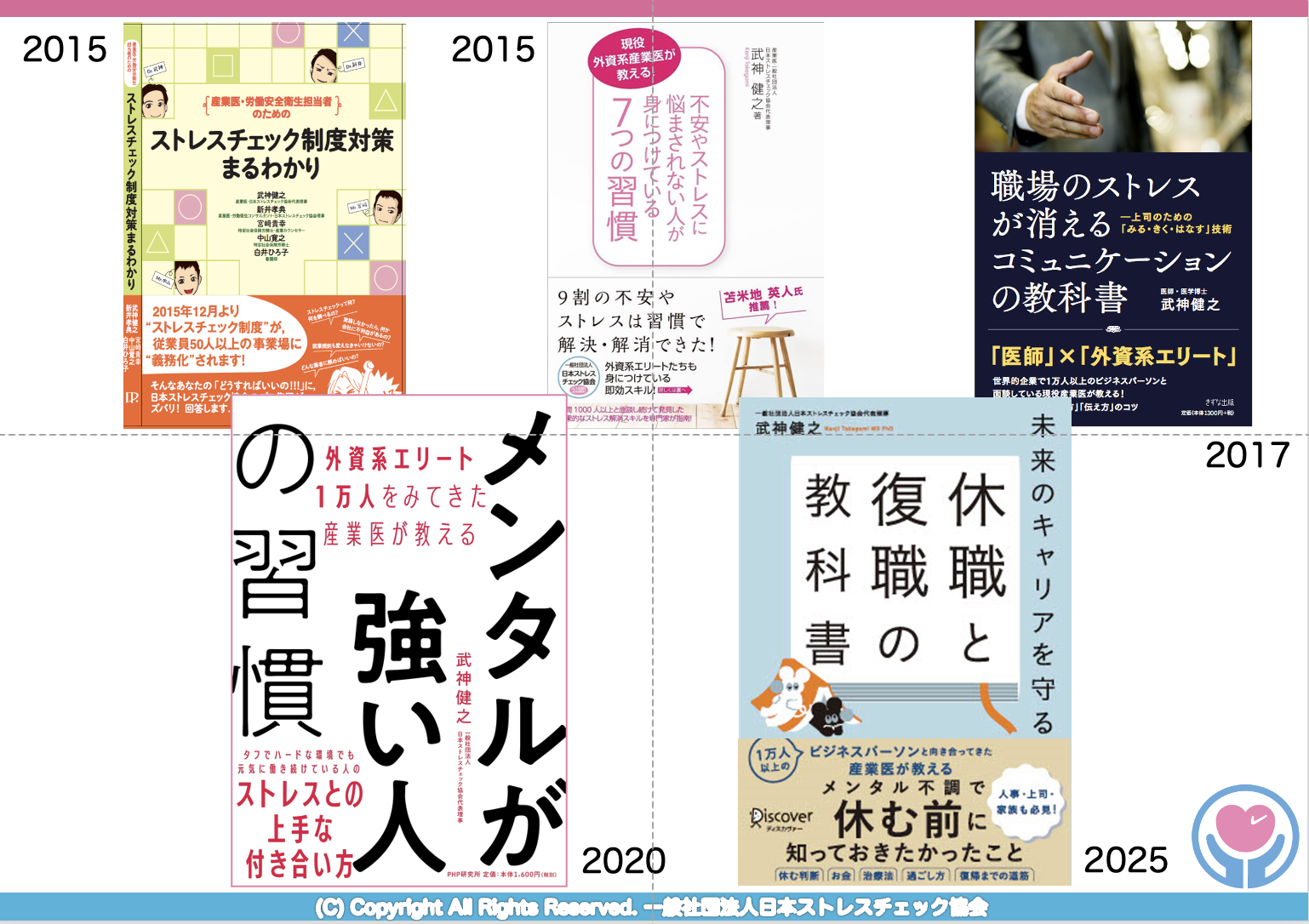<原子力発電所被害に関する基礎知識>
Compiled from the following URL of National Institute of Radiological Sciences (NIRS)
www.nirs.go.jp/information/info.php?116
1. What should the residents within peripheral areas of the nuclear power plant do in case of a nuclear power plant accident?
First thing to do is to collect information from radio or television, or from the
municipalities through PR vehicles or radio on disaster prevention administration, or cable
broadcasting.
Do not be swayed by rumors. Please act swiftly when instructed by the local municipal
authorities to stay indoors or to evacuate.
In case of staying inside buildings, shut tight all the windows and doors and stop
ventilation fans and such to assure no air from the outside will enter.
Please refrain from consuming agricultural crops grown within the areas of evacuation
until safety is assured.
2.What should we be concerned about when we evacuate from our residence?
In order to not take in the radioactive material, if outdoors, fold and wet either a
towel or cotton handkerchief with water, and then squeeze them tight to place over your
nose and mouth for protection.
This should prevent you from inhaling most types of radioactive material.
Please make sure to wear a hat, etc., and try to not expose your skin as much as possible.
3. How would radioactive material in air influence human body? Please advise based on the
amount of radioactive exposure.
The radioactive material within the air can reside within the environment if it rests on
to the ground surface or on buildings.
In that case, you risk taking the radioactive material within the body by consuming the drinking water or agricultural crops affected with radioactive material.
There can be effects on your health if exposed to radioactivity, however, its influence or type of influence will depend on the amount of radiation. For example, radioactive exposure
below 100mSv (milli-sievert) will not cause immediate impact on health.
The higher the amount of radioactivity, the higher the risk of developing cancer in a few
years to few decades time, but the risk is about 0.5% in case of 100mSv radioactivity.
This is much lower risk by several factors of ten, compared to developing cancer related to
lifestyle habits, such as smoking or diet, and there is no need for excessive concern.
Compiled from the following URL of National Institute of Radiological Sciences (NIRS)
www.nirs.go.jp/information/info.php?116
1. What should the residents within peripheral areas of the nuclear power plant do in case of a nuclear power plant accident?
First thing to do is to collect information from radio or television, or from the
municipalities through PR vehicles or radio on disaster prevention administration, or cable
broadcasting.
Do not be swayed by rumors. Please act swiftly when instructed by the local municipal
authorities to stay indoors or to evacuate.
In case of staying inside buildings, shut tight all the windows and doors and stop
ventilation fans and such to assure no air from the outside will enter.
Please refrain from consuming agricultural crops grown within the areas of evacuation
until safety is assured.
2.What should we be concerned about when we evacuate from our residence?
In order to not take in the radioactive material, if outdoors, fold and wet either a
towel or cotton handkerchief with water, and then squeeze them tight to place over your
nose and mouth for protection.
This should prevent you from inhaling most types of radioactive material.
Please make sure to wear a hat, etc., and try to not expose your skin as much as possible.
3. How would radioactive material in air influence human body? Please advise based on the
amount of radioactive exposure.
The radioactive material within the air can reside within the environment if it rests on
to the ground surface or on buildings.
In that case, you risk taking the radioactive material within the body by consuming the drinking water or agricultural crops affected with radioactive material.
There can be effects on your health if exposed to radioactivity, however, its influence or type of influence will depend on the amount of radiation. For example, radioactive exposure
below 100mSv (milli-sievert) will not cause immediate impact on health.
The higher the amount of radioactivity, the higher the risk of developing cancer in a few
years to few decades time, but the risk is about 0.5% in case of 100mSv radioactivity.
This is much lower risk by several factors of ten, compared to developing cancer related to
lifestyle habits, such as smoking or diet, and there is no need for excessive concern.

